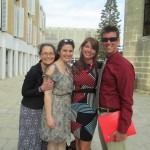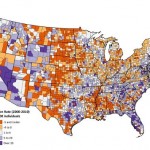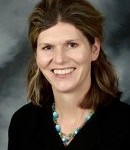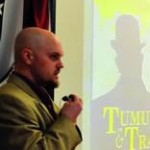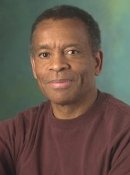 Professor Emeritus Willie Melton (SS) delivered introductory remarks to the Presidential Address, “Sharp Right Turn: Globalization and Gender Equality,” during the 76th Annual Meeting of the Midwest Sociological Society, March 27 through March 30 in Chicago. The address was delivered by Midwest Sociological Society President, Linda Lindsey.
Professor Emeritus Willie Melton (SS) delivered introductory remarks to the Presidential Address, “Sharp Right Turn: Globalization and Gender Equality,” during the 76th Annual Meeting of the Midwest Sociological Society, March 27 through March 30 in Chicago. The address was delivered by Midwest Sociological Society President, Linda Lindsey.
From Tech Today.

